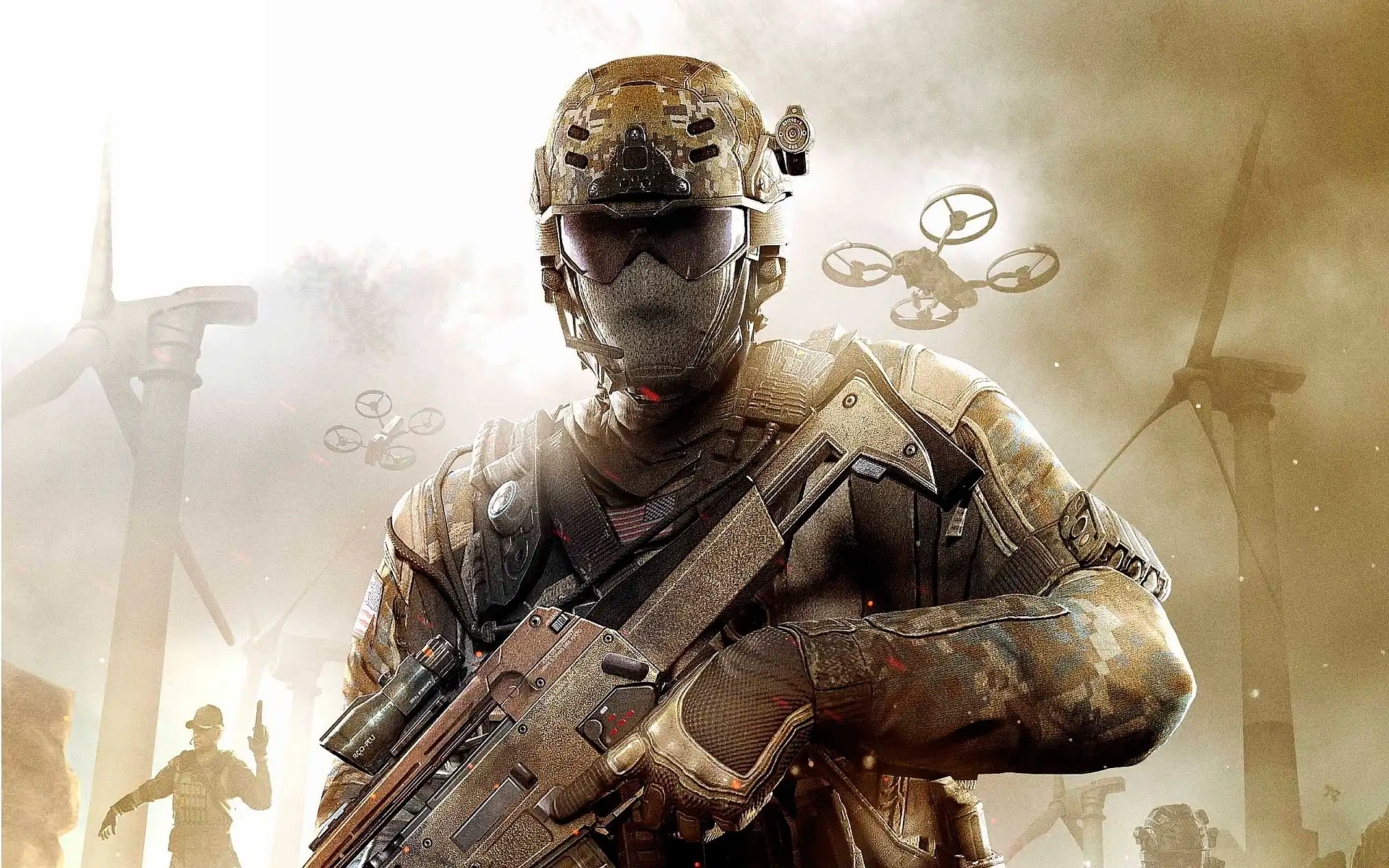Ever wondered how authentic your Call of Duty gaming experience is? This article aims to unravel just how close the renowned video game series Call of Duty from Infinity Ward is to the actual battlefield. The series is known for its intense action and realistic portrayal of warfare, but how much of it is grounded in reality?
The accuracy of weapons and equipment is a crucial aspect of Call of Duty’s realism. These elements are meticulously designed to reflect real-life counterparts. The guns' designs, recoil patterns, reload animations all emulate reality, contributing to an immersive gameplay experience.
The graphics and sound design are another facet that adds to the authenticity. Real-life soldiers often commend the games for the realism in these aspects. The surroundings, maps, character models are richly detailed, while the sound of bullets echoes reality.

However, beyond these immediate sensory experiences, the game does take some creative liberties. After all, it's a video game designed for entertainment, and perfect realism could hinder the gameplay experience and challenge level.
The game's pace, for instance, is much faster than real-life warfare. Every second heighten the tension and excitement. Unlike real warfare, dangers lurk around every corner, making the experience more action-packed and heart-racing.
Also, game characters possess exceptional resilience. Real soldiers cannot sprint indefinitely or survive several gunshot wounds, as avatars in the game can. It is a trade-off between realism and playability.
Despite these deviations from reality, Call of Duty successfully captures the essence of warfare. The game allows the players to step into the boots of soldiers, experiencing the chaos, intensity, and thrill of warzones, even if these experiences are heightened and slightly fantastical.
The series has repeatedly explored different types of warfare throughout history and the future. Each version brings its own brand of realism, contributing to different war-time experiences. Whether you are battling in World War II trenches or fighting off invaders in a futuristic setting, authenticity remains a central aspect of the gameplay.
For many gamers, the Call of Duty series offers an entry point to understanding a soldier’s life in essence. While it cannot replicate experience with perfect accuracy, the game provides significant exposure to a world that is otherwise closed off for civilians.
It is noteworthy, however, that the game doesn’t fully represent the psychological aspect of warfare. The physical dangers of war are immediate and frightening. Still, the long-term psychological repercussions these have on soldiers often go unexplored in most warfare games, including Call of Duty.
Also, the game is not meant to glorify war or violence. Instead, it offers an intense, action-packed experience that appeals to a vast range of gamers. It should be seen as entertainment and not necessarily as a reflection of the harsh realities of real-life warfare.
The success of Call of Duty lies in balancing the scales between realism and entertainment. It offers an intense gaming experience, partly grounded in reality, but not tarnished by the limitations that doggedly mirror real life.
Another factor that contributes to Call of Duty’s popularity is the sense of comradeship it fosters. Players band up against a common enemy in these virtual warzones, fostering a fraternity familiar to actual soldiers. This camaraderie among players contributes significantly to the game’s replayability.
Despite some creative liberties, Call of Duty remains an engaging prospect for those interested in war-themed video games. The realistic graphics and sound, combined with intense gameplay, immerse players in a believable world of warfare. It encapsulates the essence of the battlefield and provides a level of authenticity unparalleled in the world of gaming.
Nevertheless, it is essential to remember that it remains a game first and foremost. The realistic elements enhance the experience but are not to be taken as a fully accurate representation of real-life combat and warfare.
It is this dedication to delivering an immersive experience that has endeared Call of Duty to many gamers. Its intricately designed gameplay provides a war-time experience that mimics reality meticulously. At the same time, it maintains an adrenaline-fueled gaming experience that keeps the gamers entertained.
In conclusion, Call of Duty offers a great blend of reality and entertainment, making it a benchmark in the world of war-based video games. Its authenticity lies less in the factual correctness of combat and more in capturing the essence of a battlefield, providing a unique and thrilling gaming experience.
While no video game can truly encapsulate the entirety of a soldier's experience, Call of Duty comes close. It serves an entertaining rendition of warfare, teetering the line between virtual and reality very skilfully. This balance is what has made the Call of Duty games adored and respected amongst gaming enthusiasts around the globe.